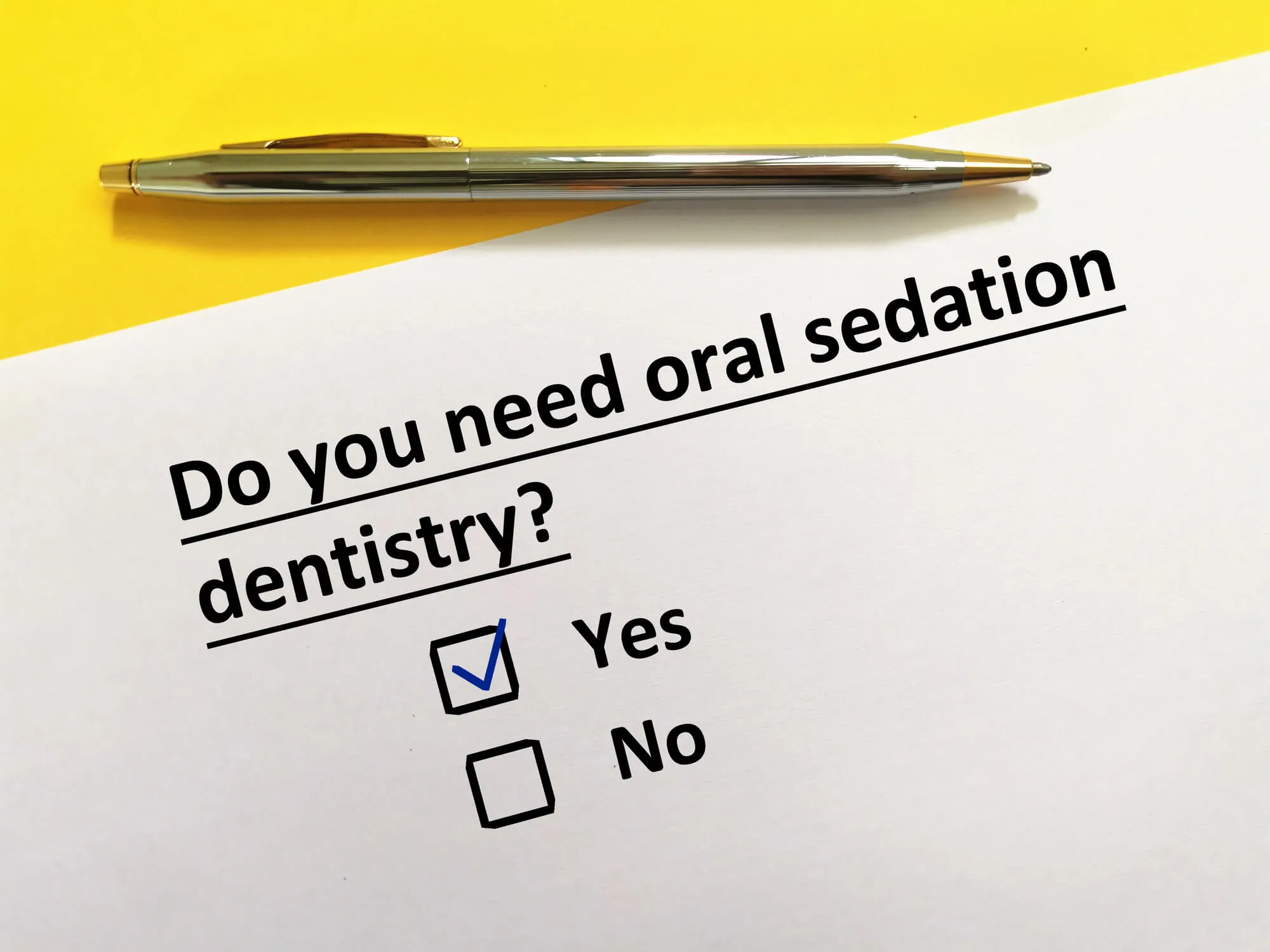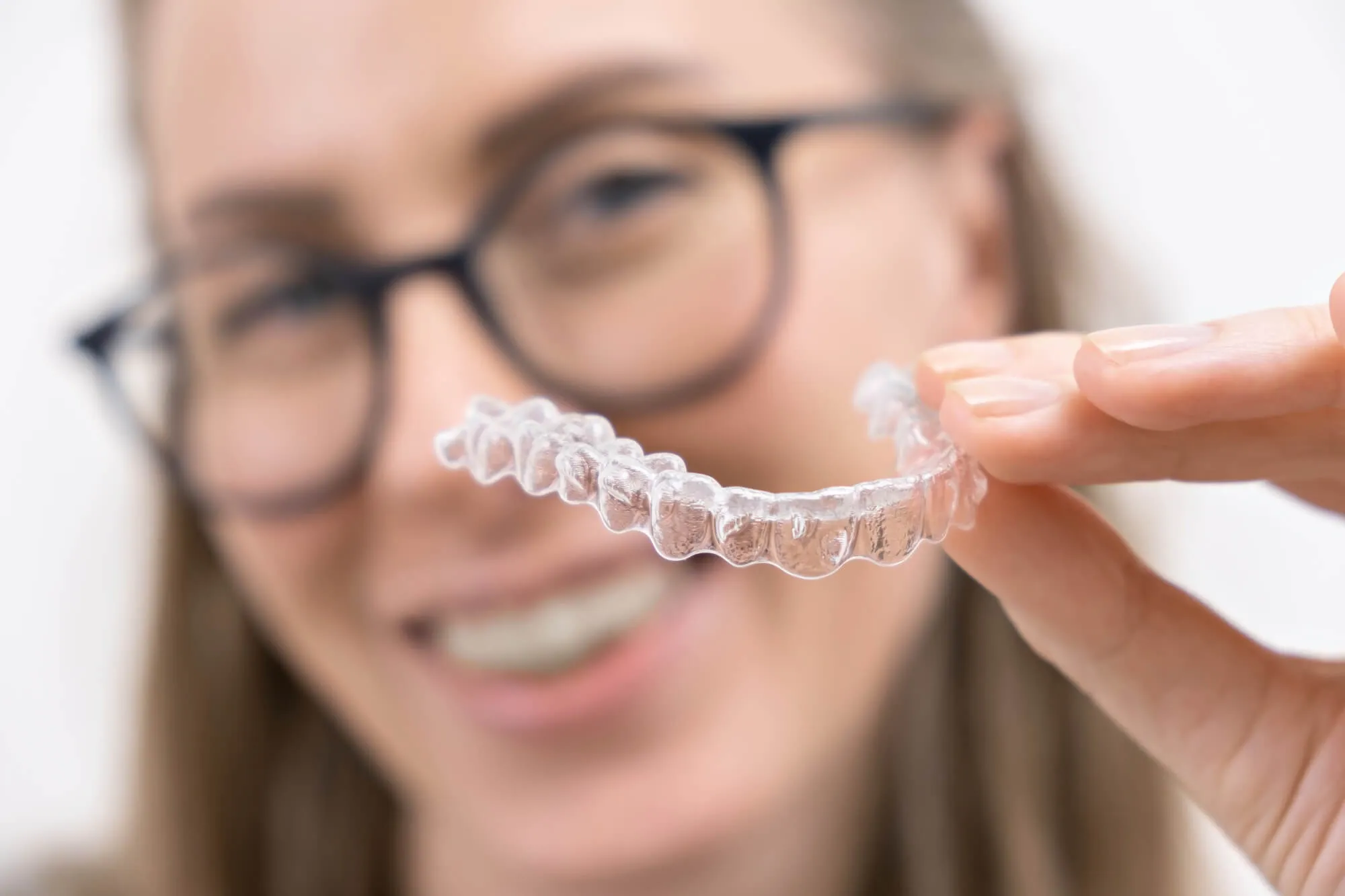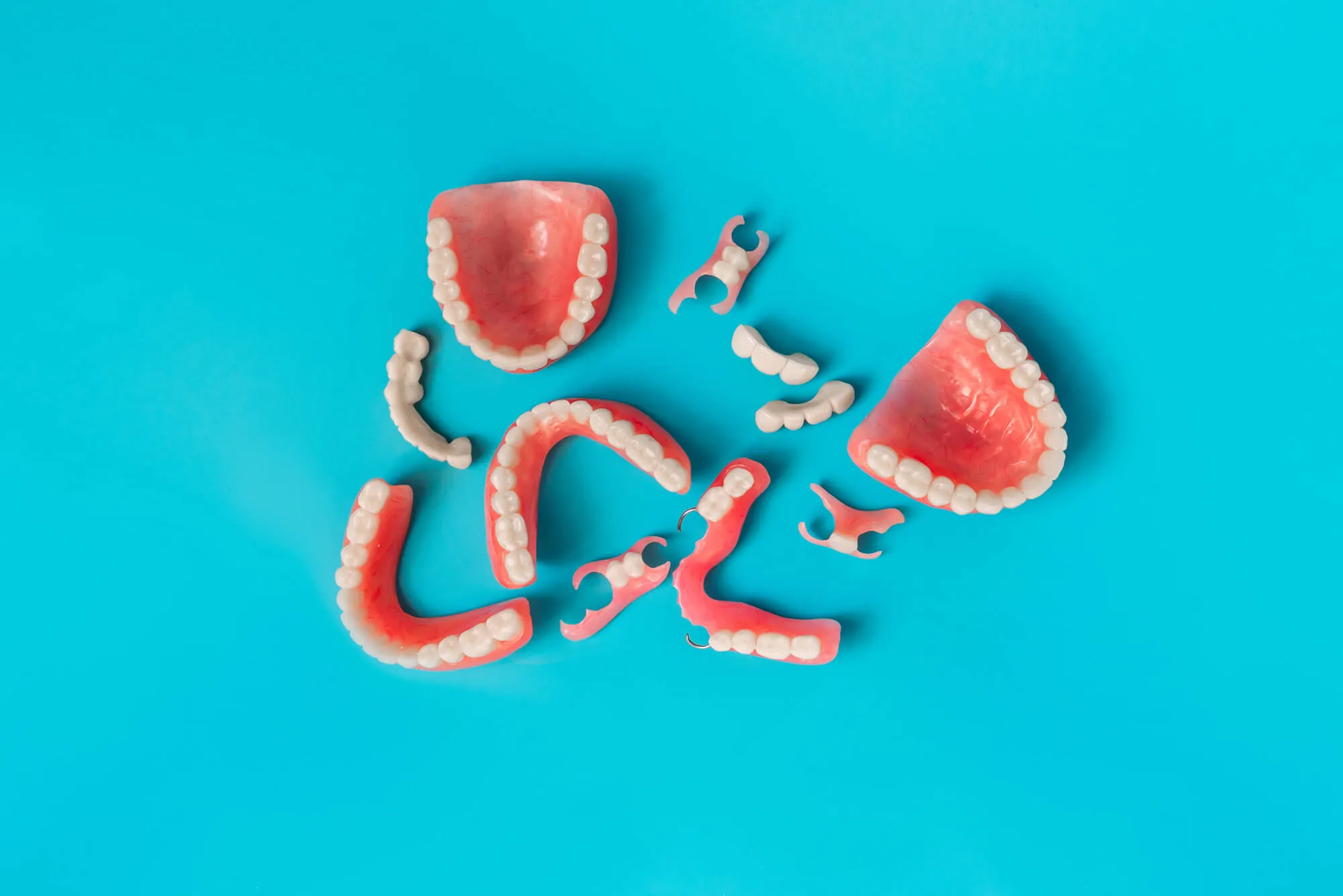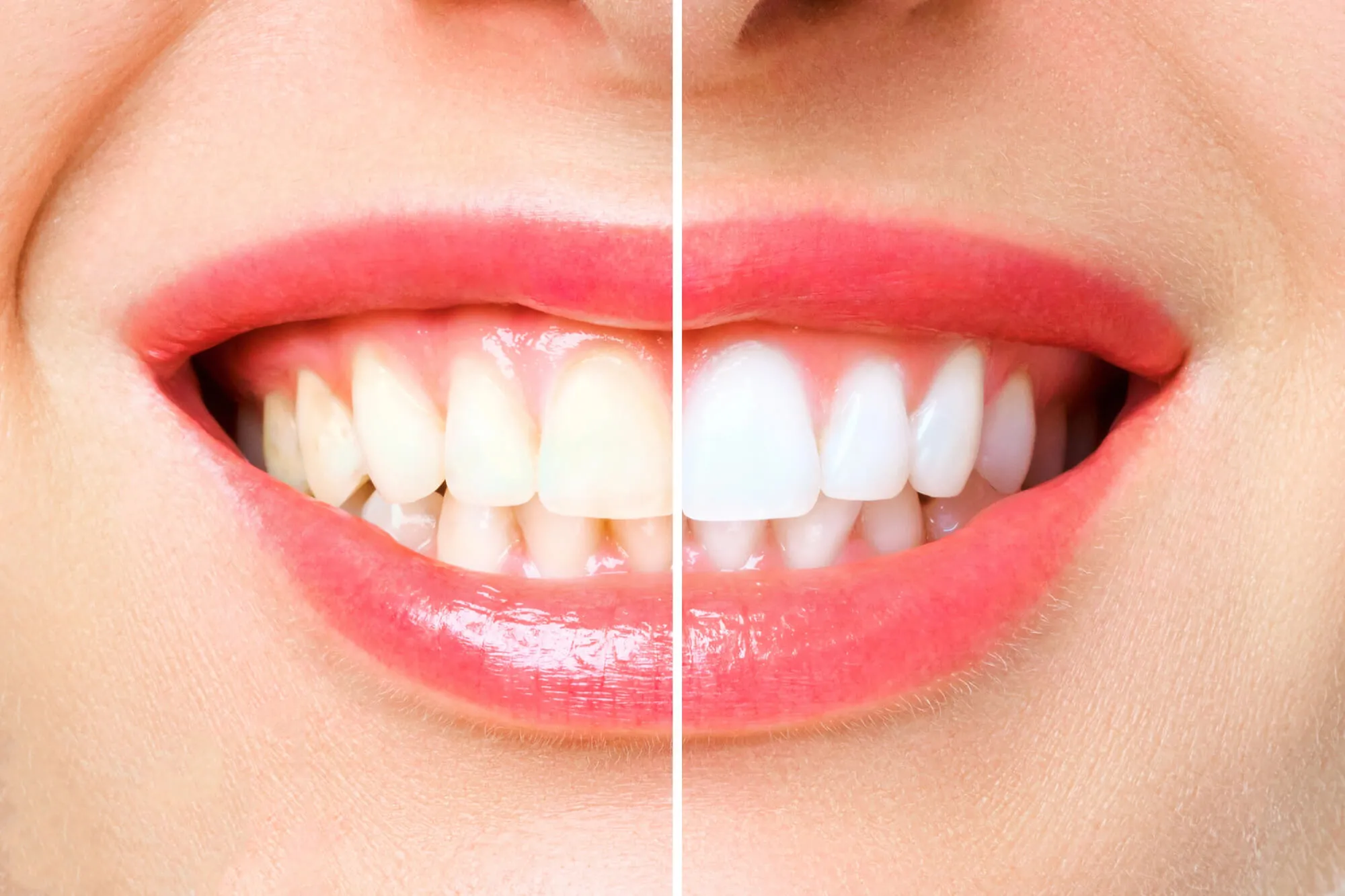The Role of Genetics in Gum Disease—And What You Can Control
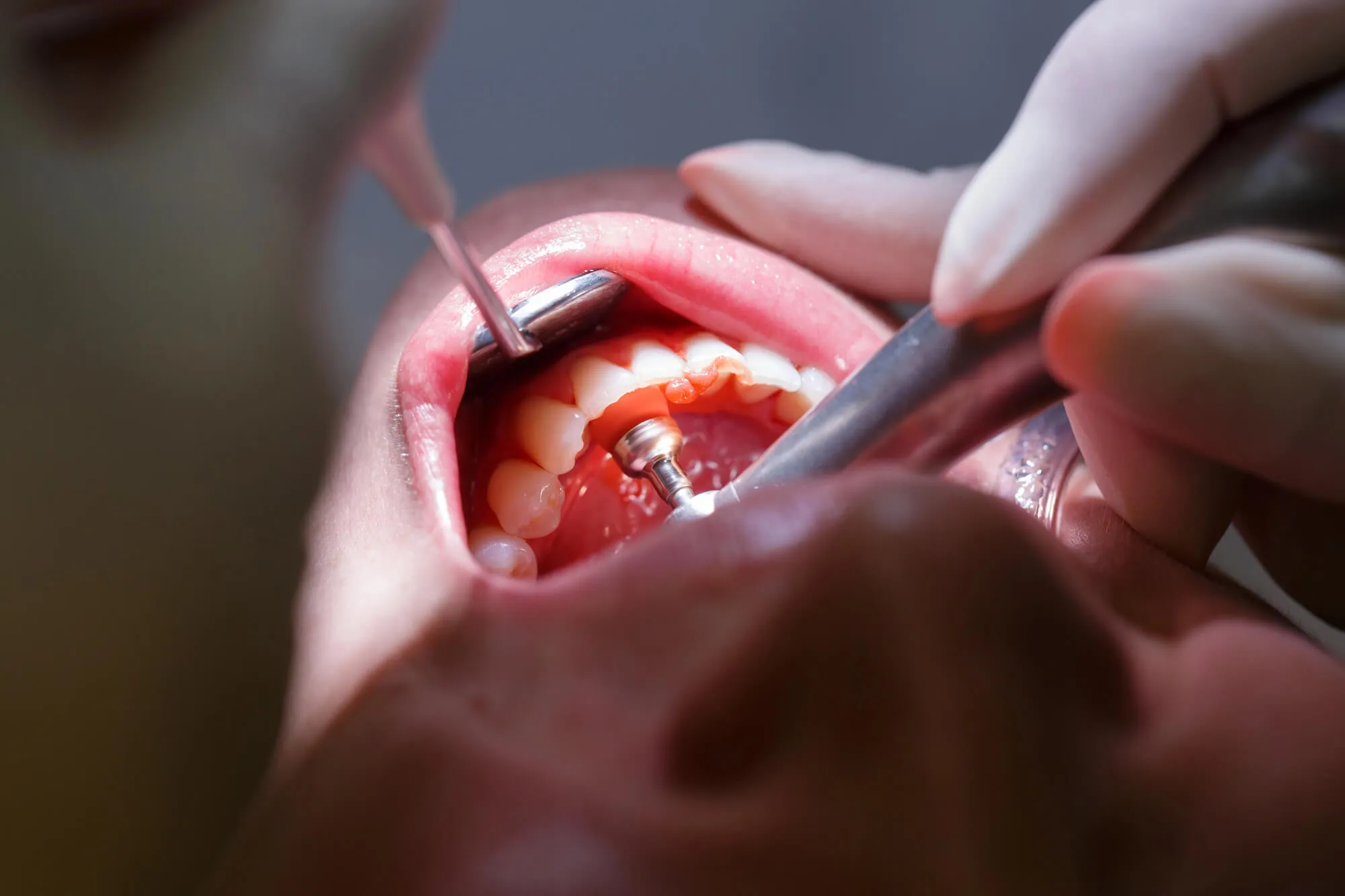
Some people develop gum disease even though they brush, floss, and show up to every dental appointment. Others get by with minimal effort and never see a speck of inflammation. If you've ever wondered why, genetics may be part of the answer. Your DNA can influence how your gums respond to bacteria—but it doesn’t write the whole story. A skilled periodontist in Fort Lauderdale can help you understand whether your gums are reacting to bacterial buildup, genetic markers, or both—and how to minimize damage going forward.
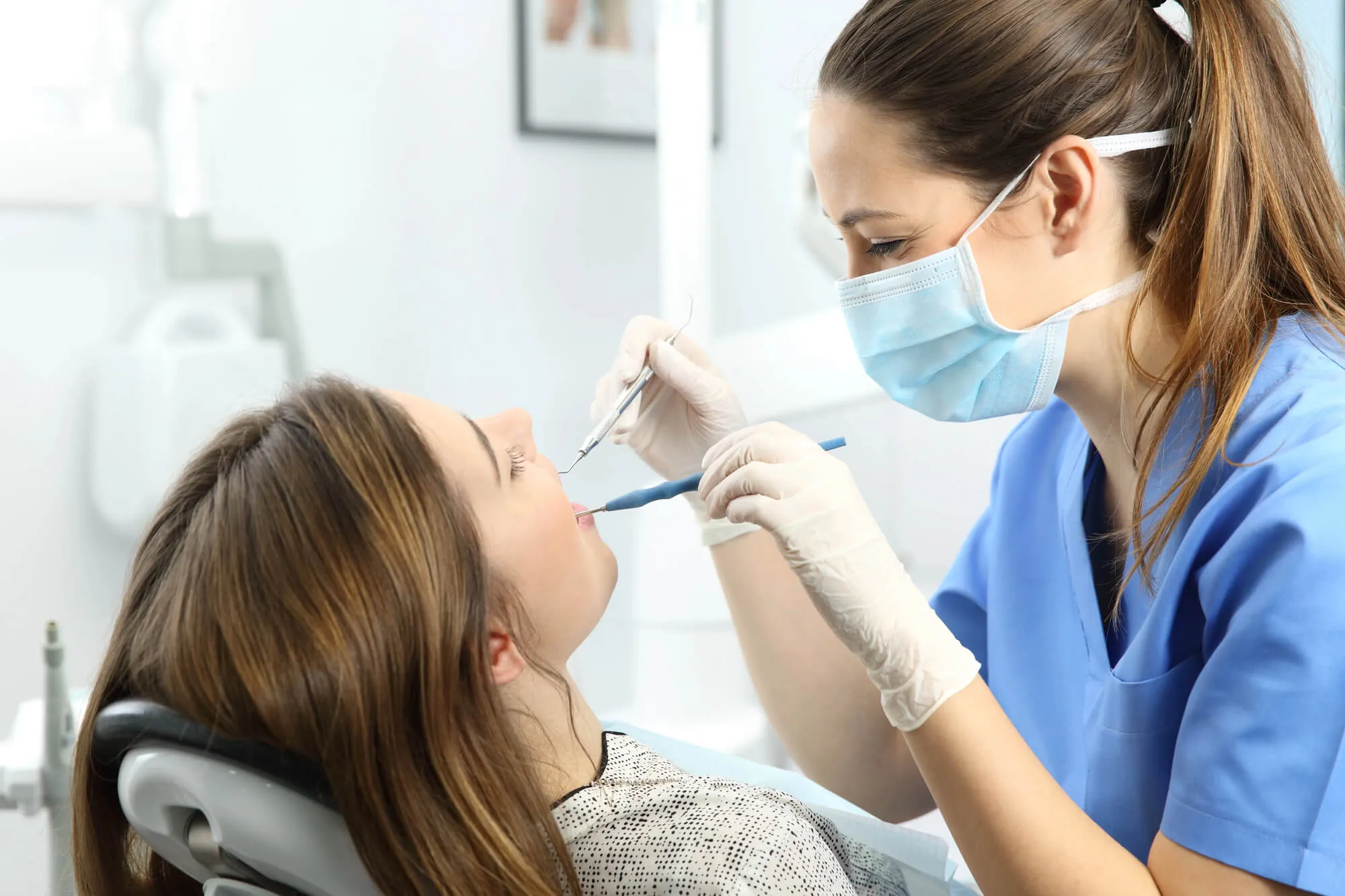
How Genetics Can Affect Gum Health
Research shows that some people may be more prone to gum disease due to inherited traits. Just like you inherit eye color or hair type, you may also inherit certain immune system responses, gum structure, or even the makeup of your oral microbiome.
Immune Response and Inflammation
Your immune system helps regulate how your body reacts to bacteria. If your genes cause your immune system to respond more aggressively to plaque, the inflammation may cause collateral damage to healthy tissue. This response can accelerate bone loss and deepen gum pockets, even when oral hygiene is consistent.
Gum Structure and Tissue Strength
Some people are born with thin or delicate gum tissue. This makes it easier for bacteria to penetrate beneath the surface. Thin tissue is also more likely to recede, making teeth look longer and exposing vulnerable areas to infection and decay.
Genetic Markers for Gum Disease
Researchers have identified specific gene variants associated with an increased risk of periodontitis. These genes can influence cytokine production—proteins that regulate inflammation. If your body produces more inflammatory signals than average, your gums may break down faster in response to common bacteria.
Oral Microbiome Differences
While some bacteria in your mouth are harmless, others contribute to gum disease. Genetics may influence the composition of your oral microbiome—meaning you might naturally harbor more of the bacteria linked to inflammation. This can make daily plaque control more challenging.
Family History of Periodontal Disease
If gum disease runs in your family, you may carry the same risk factors. That doesn’t guarantee you'll develop problems, but it means your gums may be more reactive and less resilient over time. Understanding this can help guide earlier or more tailored intervention.
Genetics might influence your risk, but they don’t determine your future. Remember: What matters most is how you respond—by prioritizing daily habits, seeking professional care, and taking preventive actions. These steps help keep your gums healthy for years.
What You Can’t Change—And What You Can
You can’t change your DNA. But knowing your genetic risk means you can take steps earlier, and work with a provider who understands how to personalize your care.
Proactive Periodontal Visits
Instead of waiting for symptoms to appear, regular visits with a periodontist allow for close monitoring of your gum health. A periodontist in Fort Lauderdale can track subtle changes and adjust care plans to match your risk level.
At-Home Oral Care That Matches Your Needs
People with a higher genetic risk often need a more precise home care routine. Your dentist may recommend:
- Electric toothbrushes with soft bristles
- Daily flossing or interdental brushes
- Prescription-strength rinses
- Antibacterial gels or toothpaste
Customizing your daily routine around your risk can help offset your predisposition.
Nutritional and Lifestyle Support
Nutrition affects your body’s ability to repair tissue and fight infection. Those with higher genetic susceptibility benefit from:
- Vitamin C and omega-3-rich foods
- Staying hydrated
- Avoiding tobacco products
- Managing stress, which impacts the immune system
Early Treatment of Minor Issues
Gum disease caught early can often be stabilized with non-surgical options. However, waiting increases the likelihood that more invasive procedures—such as bone grafting or gum surgery—may be necessary. A proactive approach gives you more control over outcomes.

What to Watch for If You’re Genetically Prone
Genetics might not directly cause gum disease, but they can make your gums more vulnerable to the effects of everyday plaque. If you have a family history of periodontal problems, being vigilant for early warning signs becomes even more crucial.
Here are some symptoms to pay attention to:
- Gums that bleed when brushing or flossing
- Bad breath that doesn’t go away after cleaning
- Red, tender, or swollen gum tissue
- Receding gums or teeth that appear longer than before
- Shifting teeth or changes in your bite
These signs are often subtle and easy to overlook, especially if they aren’t causing pain. But even minor changes in how your gums look or feel could signal the early stages of gum disease. The earlier it’s addressed, the more effective your treatment options will be. If any of these symptoms appear, it’s a good time to schedule a visit with a periodontist.
The Role of a Periodontist in Genetic Risk Management
A general dentist monitors overall oral health, but a periodontist has specialized training in the health of gum tissue and bone support. They’re the right choice for:
- Evaluating inherited risk factors
- Creating a personalized gum maintenance plan
- Using tools like pocket depth measurements and advanced imaging
- Recommending treatments like deep cleaning or soft tissue therapy
If you’re genetically predisposed, a periodontist can help monitor your gum health over time, rather than just reacting when things go wrong.
Tailored Prevention Plans
Rather than standard checkups every six months, your periodontist may recommend more frequent visits or targeted cleanings to maintain optimal oral health. This schedule helps reduce the bacterial load before inflammation becomes a problem.
Collaboration With Your Dentist
Your periodontist can work closely with your general dentist to ensure that both restorative and preventive care are in sync. This teamwork helps preserve your smile in the long term.
Why Early Action Matters
Gum disease doesn't always show up with pain or obvious signs. For individuals with an inherited risk, damage can progress gradually. Early care helps prevent bone loss, tooth mobility, and other issues that affect more than just your smile—they can influence your ability to eat, speak, and maintain confidence.
If gum disease runs in your family, don’t wait for symptoms to worsen. The sooner you identify risk, the more options you have.
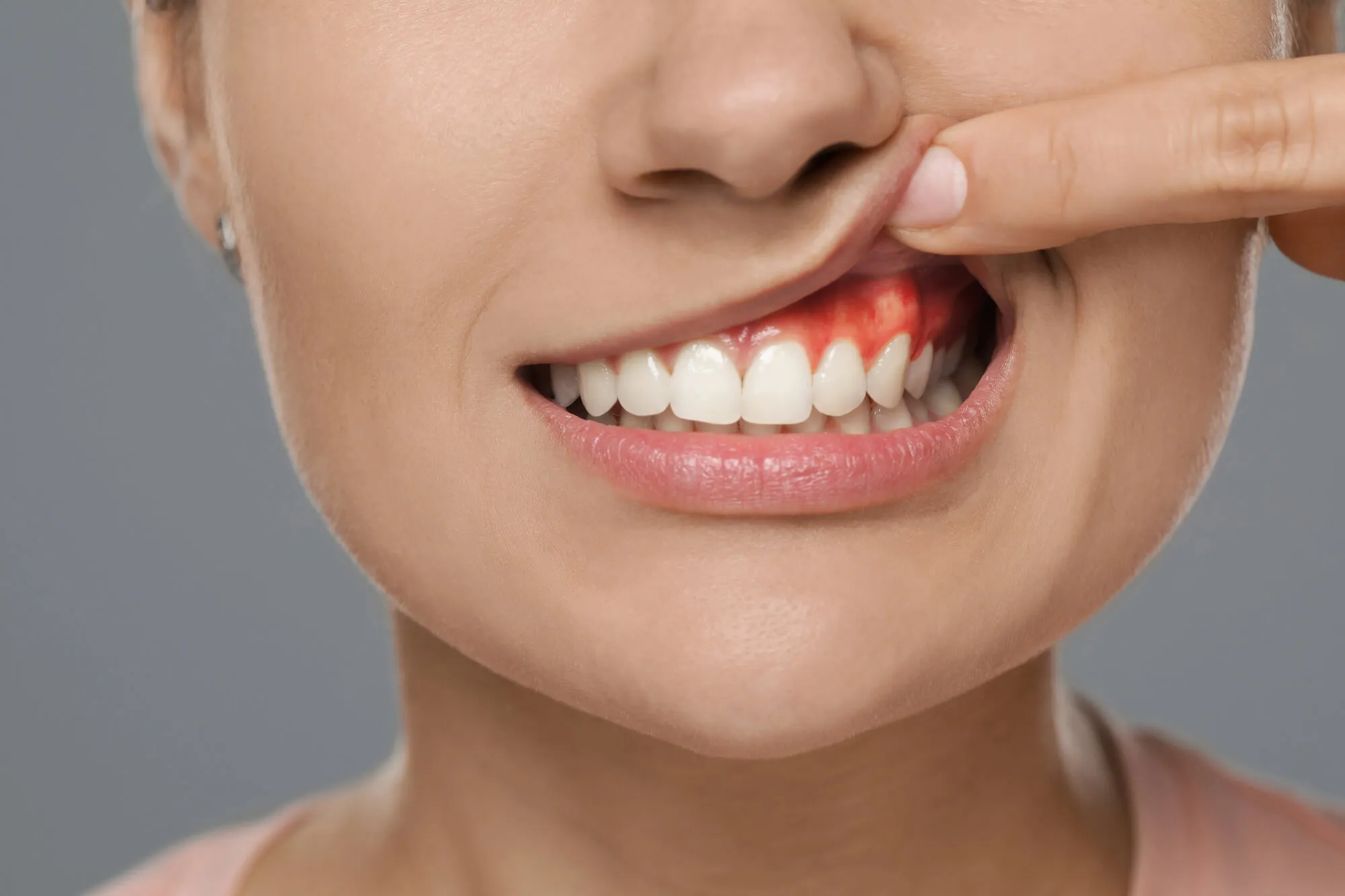
Protect Your Smile by Partnering with a Periodontist in Fort Lauderdale
At 1500 Dental, we believe every patient deserves care tailored to their unique needs, including those with hereditary risks. Our periodontist in Fort Lauderdale will assess your health history, create a prevention-focused plan, and give you tools to stay ahead of gum disease. Your smile is worth protecting. Let’s keep it strong, together.
Contact us to schedule your periodontal consultation today.





